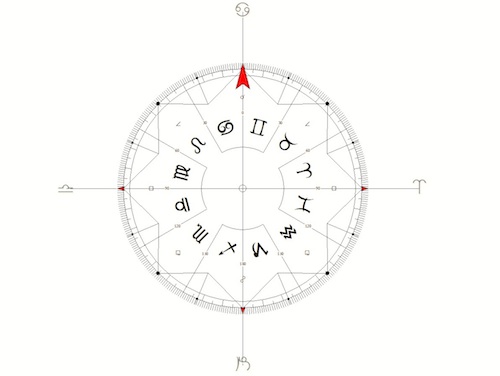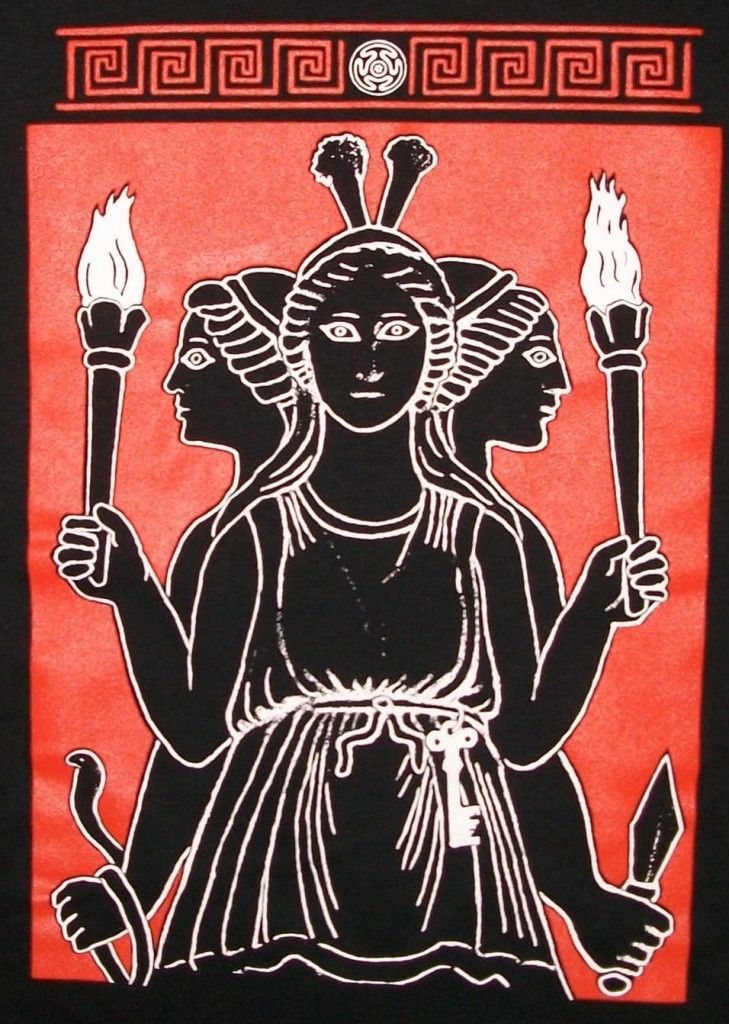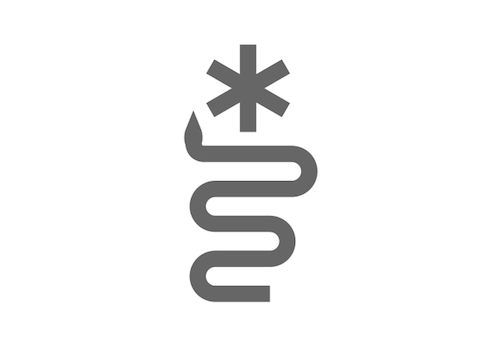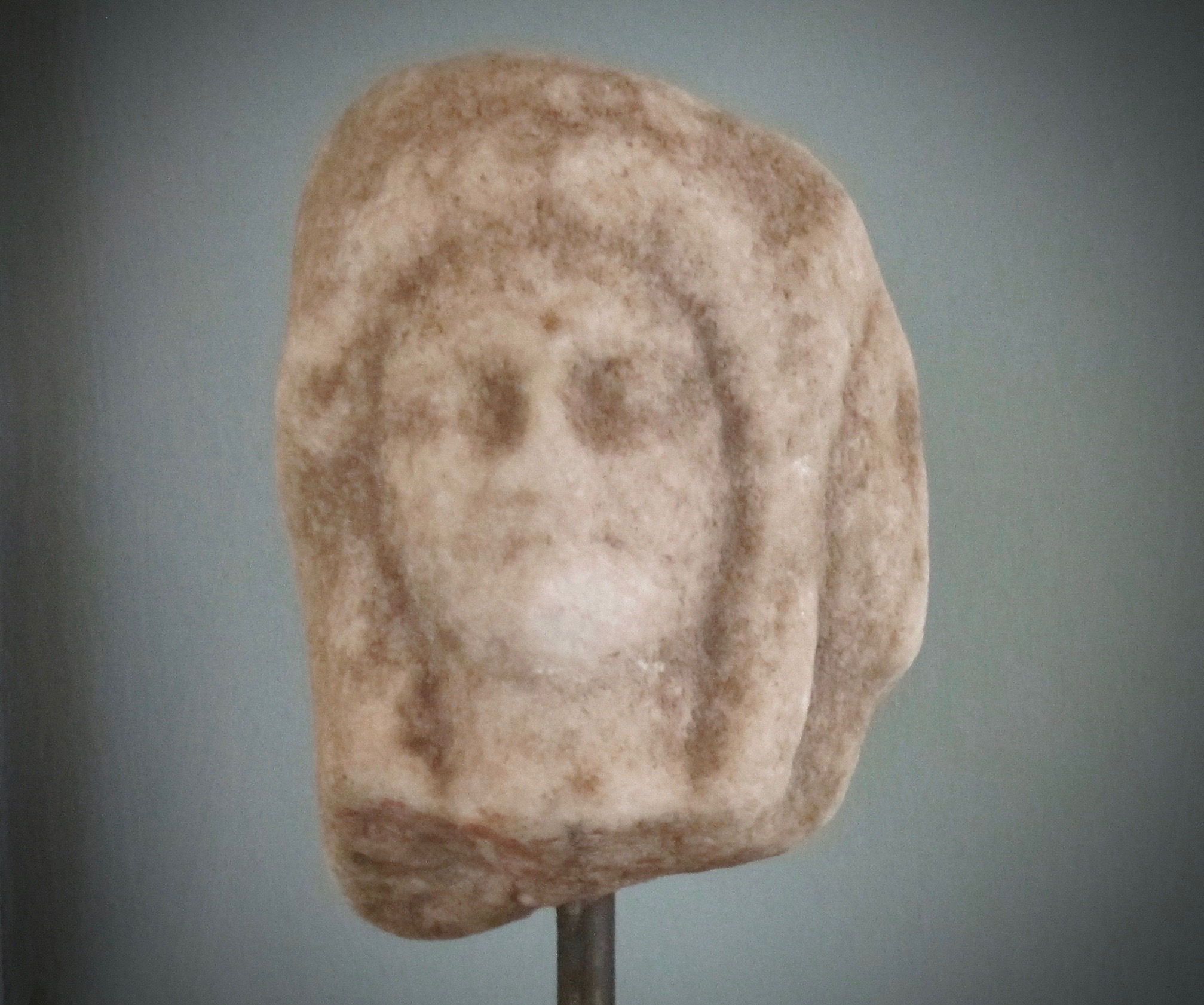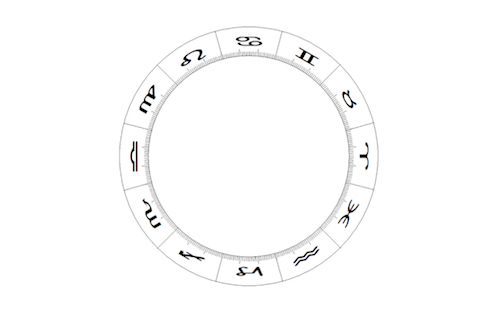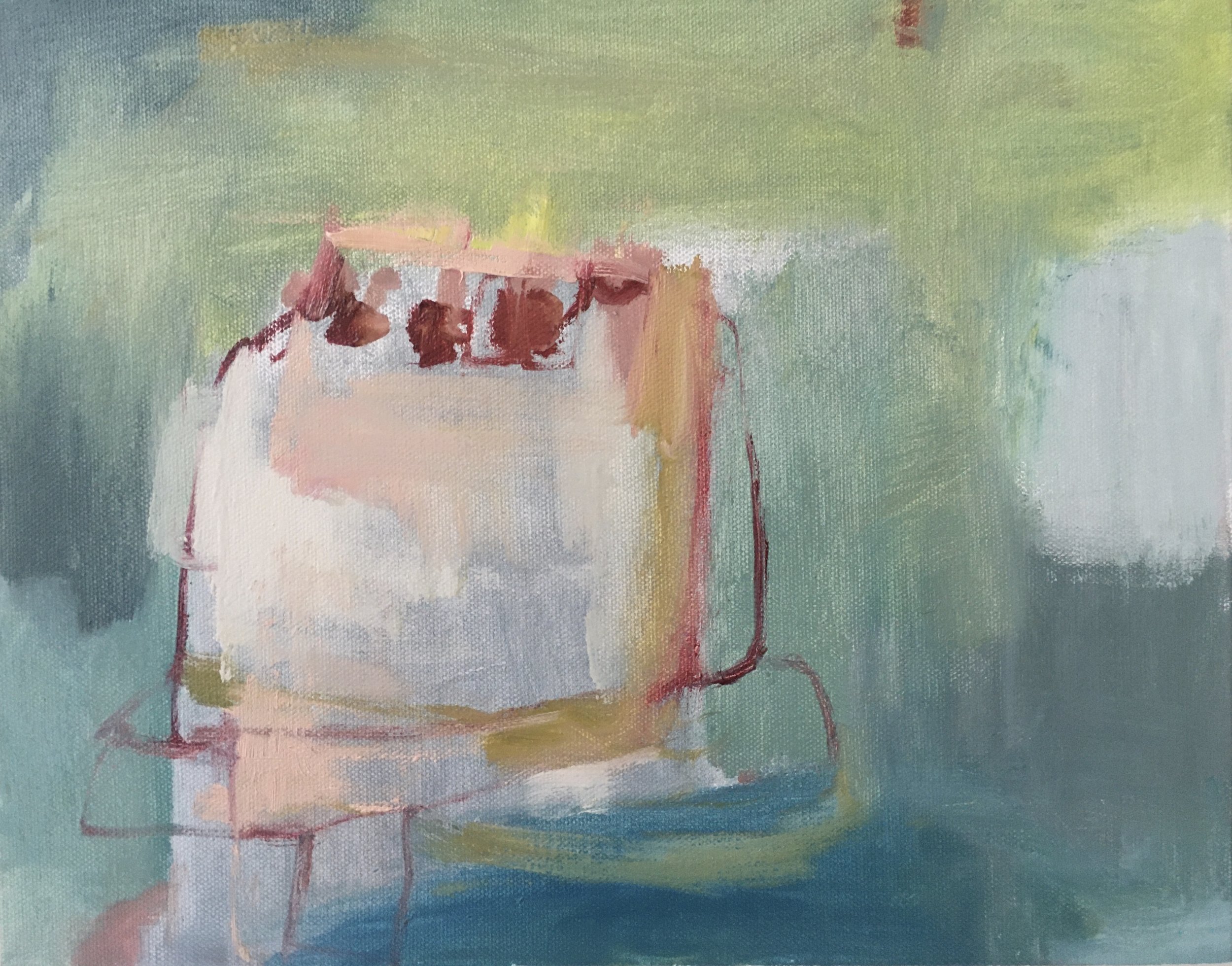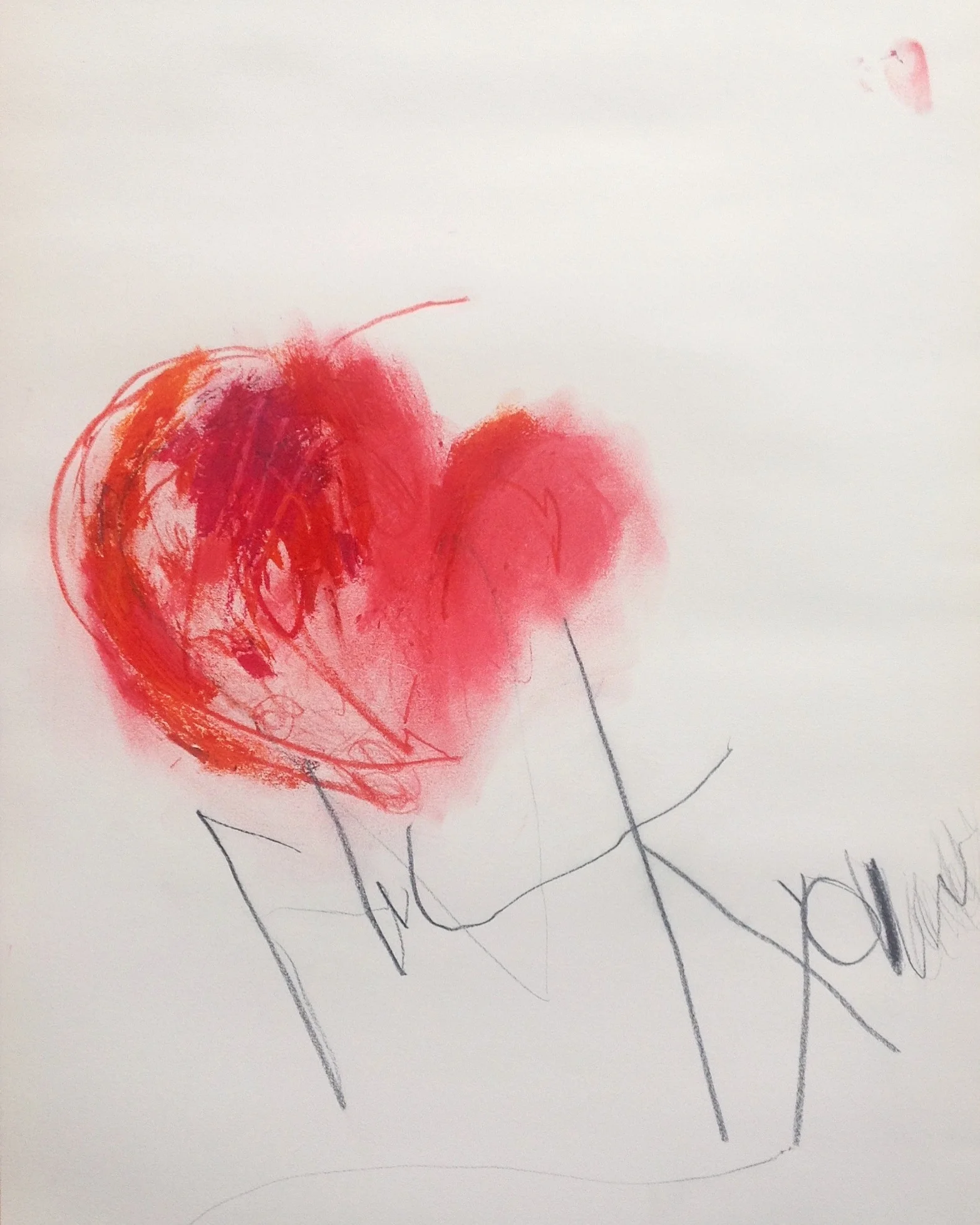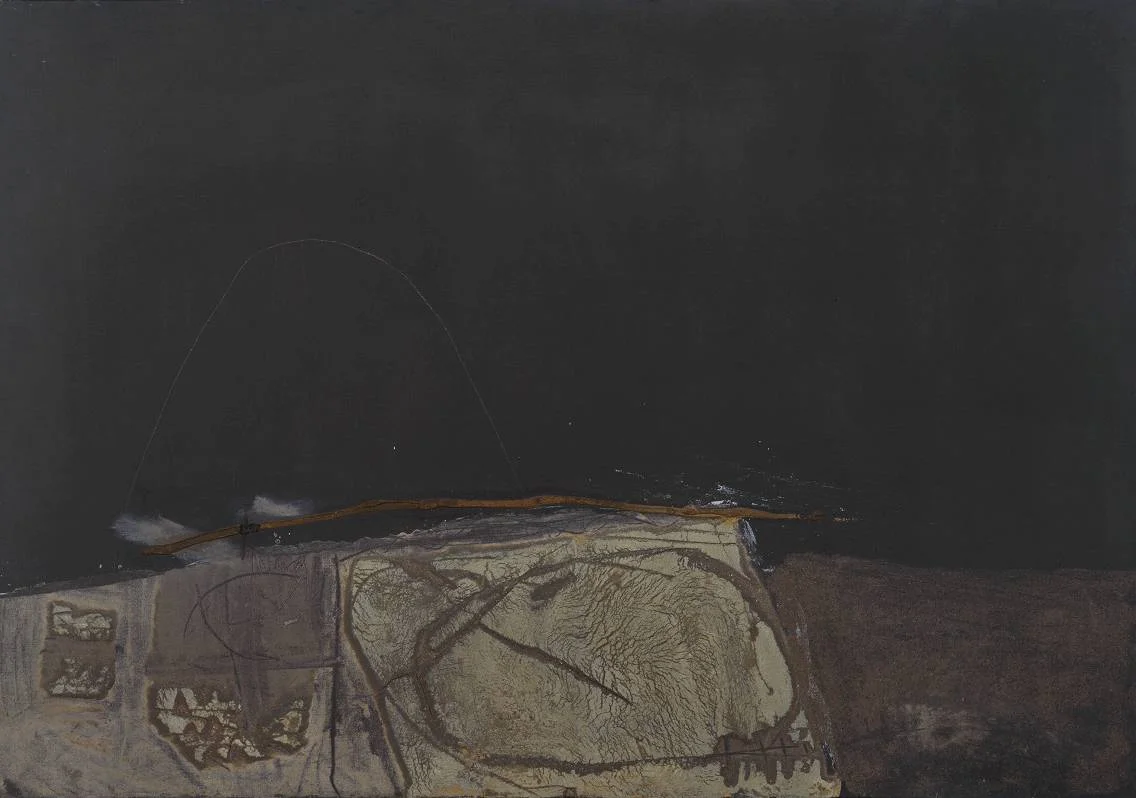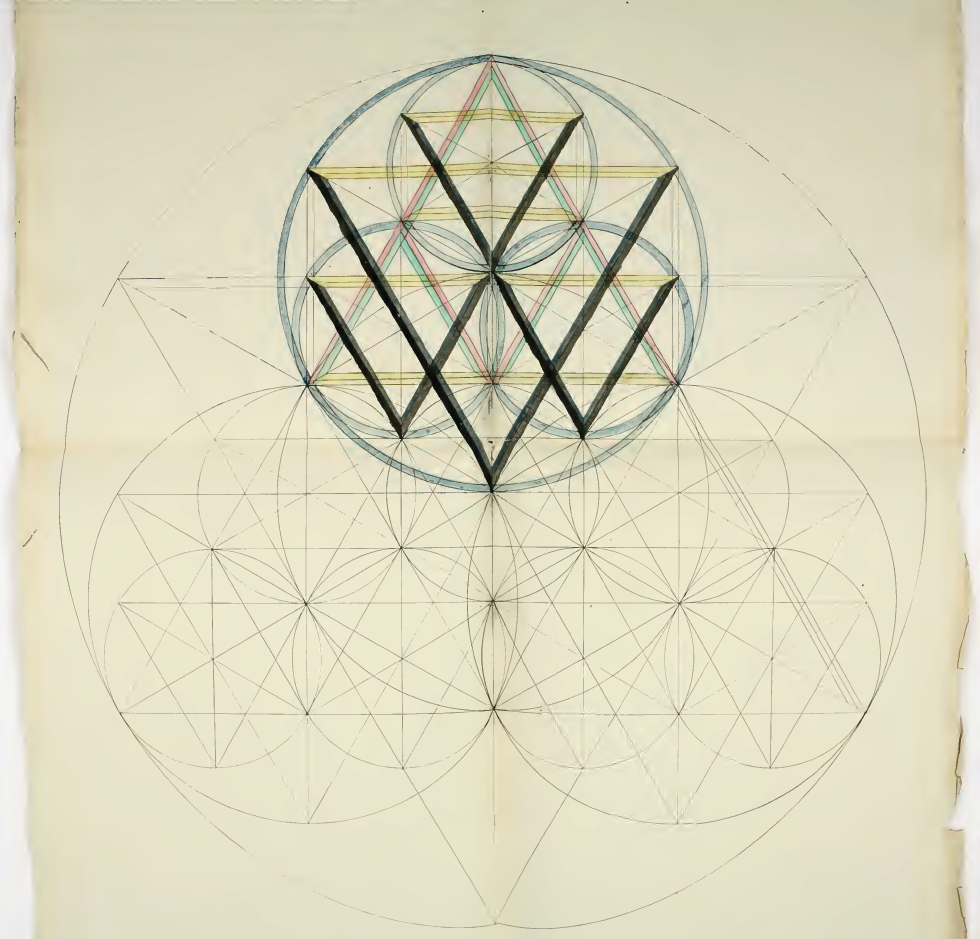ANTISCIA Jun/2015
/Reflections / Shadows / Symmetries = Antiscia
Planets in antiscia and contra-antiscia reflect each other across the cardinal axis. This axis is formed by the four seasonal turning points: the zero degree entry point of each cardinal sign. The cardinal axis is essentially the node of the Sun and is a point we all share. It is the intersection of two Great Circles: the ecliptic, which is the sun's path (i.e., the tropical zodiac), and the earth's equator. Planets connect in antiscia when they reflect or mirror one another across this axis. Like a planetary statement made by two planets in aspect or conjunction, planets in antiscia make a terrestrial (or mundane) statement: a statement for the world which is relevant for everyone. Therefore planets in antiscia can provide insight into the energy of the day, as well as help to enrich your natal and dynamic chart delineations. More on antiscia here...
Solstice on the cardinal axis
Sun = Uranus NeptunE (See this on the 90 degree dial below)
The longstanding URANUS NEPTUNE contra-antiscia approaches perfection by the end of this month. Neptune stations retrograde on June 11/12th at 9°49' Pisces (around the same time Mercury stations direct). Soon after, about halfway through the month, the pair's (UR NE) midpoint is within a ten minute orb - and is within one minute of arc on the last day of June. This means every time a planet comes to the Aries Point (including zero degrees Cancer, and the solstice), it will pick up and illuminate its otherworldly meaning. This also means whenever there is a planetary pair in antiscia (as in the list below) they form a completed planetary picture with the UR NE combo.
For help with interpretation of these pairs and midpoints, refer to a book like The Combination of Stellar Influences, by Reinhold Ebertin, or Alfred Witte's, Rules For Planetary Pictures. John Sandbach also has a nice online resource for midpoints.
-
To use the list of antiscia below, simply blend the meanings of planets in combination.
- Bold dates indicate a particular planetary expression is exact (within 10 minutes of arc).
- Dates showing one planet indicate its ingress onto the cardinal axis (meaning it's at zero cardinal or fifteen degrees fixed (the midpoint), and ought to feature prominently that day).
- Those with a (c) indicate contra-antiscia - the symmetrical arrangement around the Aries/Libra axis.
* Lunar conjunctions (not antiscia) are bracketed [ ] - this is for a quick and easy reference!
DAY IN JUNE + PLANETS IN ANTISCIA [OR CONJUNCT MOON] -PACIFIC TIME
1-{into Aug} Uranus Neptune (c)
1, 2, 3 Mars Pluto (c)
1 [Moon Saturn]
1 Moon Venus (c) evening
2 *Full Moon 11°49' Sagittarius
2 Moon Pluto afternoon
3 Moon (0 CAP) 5:50p
3, 4, 5 Venus Saturn (c)
4 Moon Mars (c) evening
4 [Moon Pluto]
4, 5, 6 Sun Pluto (c)
4 Moon Sun (c) night
5 Moon Mercury (c) noon
5 Moon Saturn night
8 [Moon Neptune] Moon Uranus (c) evening
New Moon 6/16 on the 90 degree dial looks rather 'energetic'
9 [Moon Chiron]
9 Moon N.Node evening
10 Moon (0 ARI) 4:14a
10 Moon Chiron (c) evening
10 [Moon S.Node]
11 [Moon Uranus] Moon Neptune (c) afternoon
13 Moon Jupiter early morning
13 Moon Venus night
14 [Moon Mercury]
15 Moon Pluto (c) noon
16 *New Moon with Mars 25°07' Gemini
Solstice on the 90
Note how the Moon Saturn square shows up as a conjunction - the 90 deg dial makes 2, 4, 8th harmonic aspects easy to see
16 Moon (0 CAN) 3:51p
16 Moon Sun Mars late night
18 Moon Mercury noon
18 Moon Saturn (c) late night
20 [Moon Venus]
20 [Moon Jupiter]
21 Sun (0 CAN) 9:38a *Solstice
21, 22, 23 Sun Mars
22 Moon Uranus morning
23 Moon N.Node (c) morning
23, 24 Mars (0 CAN)
23 Moon (0 LIB) 10:41p
24 [Moon N.Node]
Uranus Neptune very close at the end of the month
planetary picture + interesting day :: with Sun Moon
24 Moon Chiron evening
25 Moon Neptune afternoon
27 Moon Jupiter (c) early morning
27 Moon Venus (c) morning
28 [Moon Saturn]
28, 29 Mercury Pluto (c)
29 Moon Pluto late night
30 Moon Sun (c) morning
30 Moon Mars (c) evening
Planetary pairs are active for everyone as they occur on the cardinal axis, i.e., symmetrical to the Aries point. If you have personal planets on the cardinal axis, or in antiscia, they may be even more pronounced and meaningful for you. For directions on how to find these points in a chart, please see the Description page; or you can contact me for a mentoring session or consultation.
You're welcome to leave a question or comment below.
